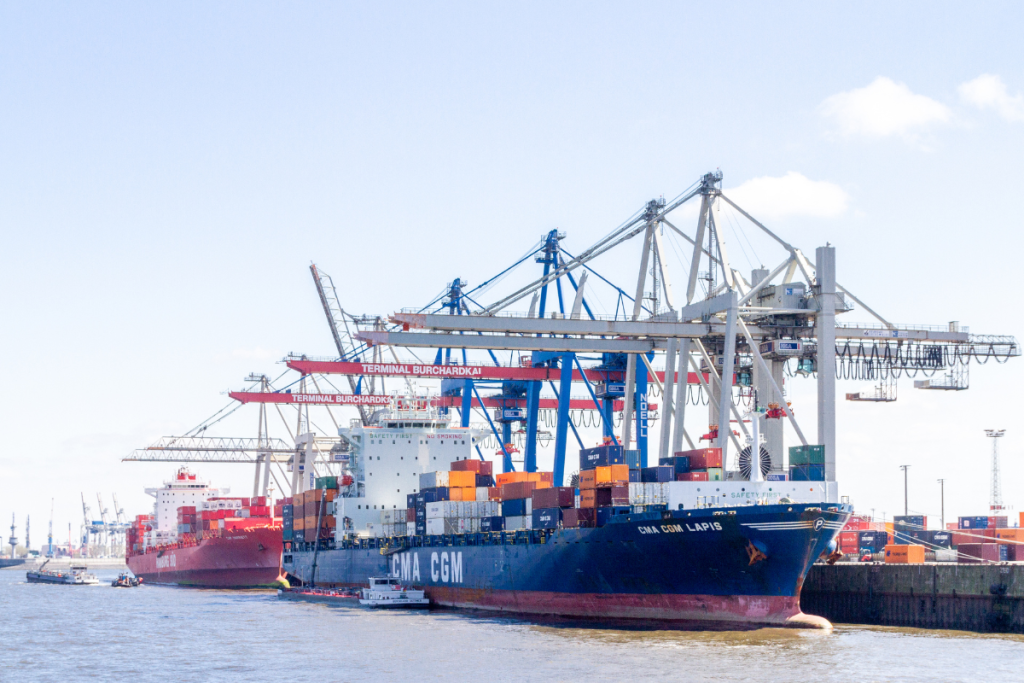The latest Allianz Trade survey reveals that nearly 60% of global exporters expect a negative impact from the U.S. “Liberation Day” tariff wave, deepening concerns about trade volatility and rising operational risks. With Europe and Latin America emerging as strategic pivots, companies are recalibrating supply chains to weather an increasingly unpredictable trade landscape.
Tariff Shockwaves Prompt Recalibration
The sudden reimposition of tariffs by the Trump administration on April 2, dubbed “Liberation Day”, has caught many global exporters off guard. Nearly six in ten surveyed companies across nine major economies, including China, Germany, and the United Kingdom, say they anticipate revenue losses ranging from 2% to 10% in the next year. That’s a sharp reversal from the optimism many had early in 2025.
For U.S. firms, the pivot away from China is accelerating. The survey found that 62% of U.S. respondents are actively working to reroute their supply chains to Europe and Latin America, an effort that reflects both commercial pragmatism and the political push for domestic resilience. In contrast, exporters in China and Europe are leveraging alternative shipping corridors and diversification to offset higher tariffs, seeking to safeguard against potential U.S. policy escalations.
Risk Management Takes Center Stage
The Allianz survey also highlights a pronounced rise in non-payment risk and longer payment terms, particularly in vulnerable sectors such as retail, agrifood, and manufacturing. Forty-eight percent of companies cited concerns about delayed or defaulted payments, a risk that could strain already fragile cash flows in export-driven businesses.
Aylin Somersan Coqui, CEO of Allianz Trade, captured the shifting tone in a recent statement: “In sharp contrast to the optimism seen before the April 2 tariff wave, this year’s Global Survey confirms what we’re observing across markets: uncertainty and fragmentation are becoming structural.” The findings suggest that beyond short-term revenue hits, companies face a more enduring recalibration of their global footprint.
Meanwhile, Europe and Latin America have emerged as relative safe harbors. As Chinese and European firms increase investments in these regions, they signal a gradual pivot away from dependence on U.S.-China corridors.
A Period of Careful Calibration
The Allianz Trade survey’s results highlight that supply chain leaders now face a period of careful calibration. Trade unpredictability and payment risk have shifted from temporary challenges to structural factors that demand close attention. Diversification and scenario-based planning will become essential to maintain operational continuity. Leaders will need to balance efficiency with flexibility, seeking out ways to buffer against policy shocks while staying grounded in disciplined cost management.


